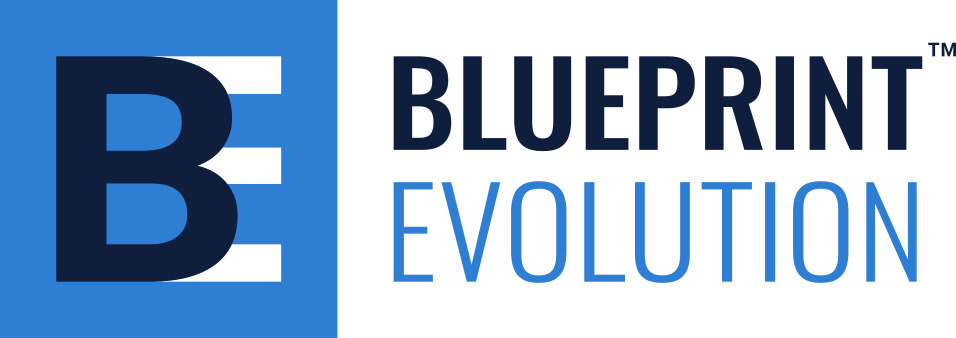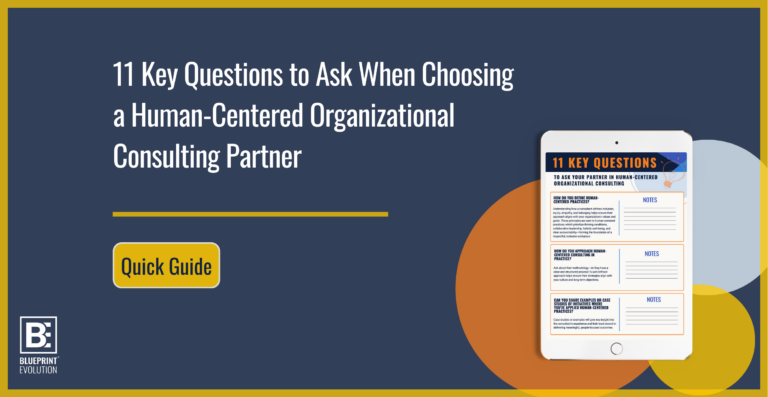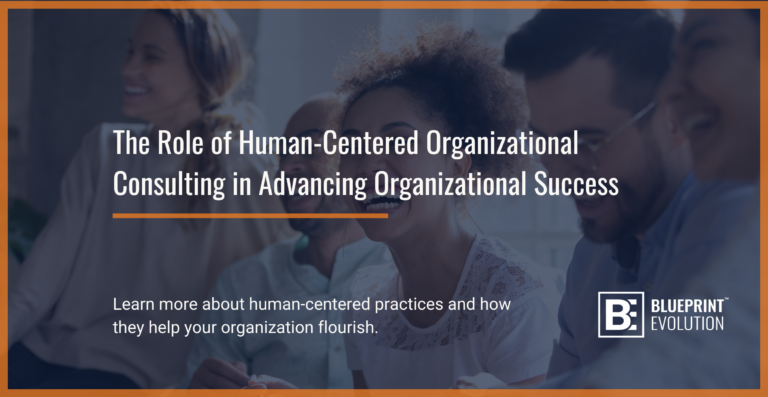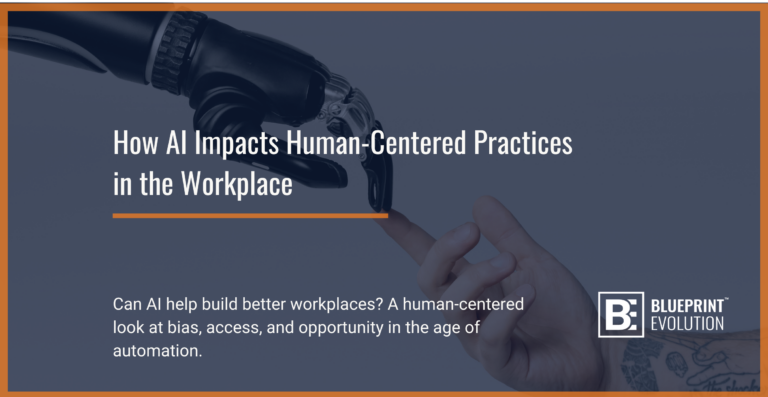Empowering Your Workforce with Education and Training
Employee training and education on human-centered practices are crucial for creating an environment where everyone feels valued and respected. Our comprehensive training programs cultivate awareness and understanding among all community members, addressing key areas such as unconscious bias, cultural transformation, inclusion, and effective communication and conflict resolution.
Why Employee Education Matters
Statistics demonstrate that people-focused initiatives have a profound impact on workplace culture and business outcomes. Organizations in the top quartile for diversity are 36% more likely to achieve above-average profitability. Additionally, organizations with inclusive cultures are twice as likely to meet or exceed financial targets, six times more likely to foster innovation and agility, and eight times more likely to achieve superior business results. Investing in inclusive training and education practices offers numerous benefits to organizations:
- Enhanced Awareness and Understanding: Employees gain insights into their own biases and learn strategies to mitigate them, fostering a more inclusive environment.
- Improved Communication: Training programs enhance employees’ abilities to communicate respectfully and effectively, reducing conflicts and misunderstandings.
- Cultural Transformation: Education on human-centered topics encourages a shift towards more inclusive behaviors and practices, driving cultural transformation within the organization.
- Increased Employee Engagement: When employees feel included and valued, they are more likely to be engaged and committed to their work, leading to higher productivity and retention rates.
- Stronger Team Dynamics: Inclusive training helps build stronger, more cohesive teams that can leverage perspectives to drive innovation and problem-solving.

The Blueprint Process
Our tailored training programs cover a range of essential topics, including:
- Unconscious Bias Training: Recognizing and addressing biases that influence decision-making and interactions.
- Identity-Based Workshops: Promoting understanding and awareness of all communities and experiences.
- Inclusive Leadership: Guiding with a focus on creating a culture where every voice is valued.
- Effective Communication and Conflict Resolution: Developing skills to navigate and resolve conflicts respectfully and constructively.
Contact us today to learn how we can support your human-centered initiatives and drive meaningful change in your organization.
OUR HUMAN-CENTERED CONSULTING SOLUTIONS

Conducting equity and inclusion assessments entails gathering employee data and feedback to evaluate the organization’s current cultural climate and level of inclusion. This process may include analyzing demographic data, conducting employee surveys, holding focus groups, and reviewing policies and practices. By assessing the organization’s cultural landscape, leaders can identify areas of strength as well as gaps or challenges that need to be addressed.
Developing inclusive policies and practices means implementing policies and procedures that promote human-centered policies throughout the organization. This includes policies related to recruitment, hiring, promotion, and compensation that are designed to minimize bias and ensure equitable treatment for all employees. In addition, fostering an inclusive work environment entails implementing practices that accommodate diverse perspectives, such as offering flexible work arrangements and ensuring accessibility for all employees’ needs.
Providing employee training and education on human-centered topics is essential for fostering awareness and understanding among all community members. These programs cover various subjects, including unconscious bias, cultural transformation, inclusion, and respectful and effective communication and conflict resolution. Through continued investment in education, organizations empower employees to identify and address bias, promote inclusive behaviors, and play active roles in cultivating a more welcoming and equitable workplace culture.
Leadership development initiatives concentrate on equipping managers and executives with the skills and knowledge required to lead inclusively. This includes offering training and coaching on subjects like inclusive leadership practices, effective communication across diverse teams, and mitigating bias in decision-making. Leaders who excel at empowering their teams to thrive while navigating diverse perspectives are instrumental in driving innovation and organizational success.
Establishing metrics and accountability mechanisms is crucial for tracking progress and ensuring accountability for human-centered initiatives. This involves setting clear goals and targets and regularly measuring and reporting on key metrics, such as workforce demographics, employee engagement, and representation in leadership roles. By holding leaders and teams accountable for achieving goals, organizations can drive meaningful change and create more equitable and inclusive workplaces.
- Workplace Assessments
-
Conducting equity and inclusion assessments entails gathering employee data and feedback to evaluate the organization’s current cultural climate and level of inclusion. This process may include analyzing demographic data, conducting employee surveys, holding focus groups, and reviewing policies and practices. By assessing the organization’s cultural landscape, leaders can identify areas of strength as well as gaps or challenges that need to be addressed.
- Inclusive Policies & Practices
-
Developing inclusive policies and practices means implementing policies and procedures that promote human-centered policies throughout the organization. This includes policies related to recruitment, hiring, promotion, and compensation that are designed to minimize bias and ensure equitable treatment for all employees. In addition, fostering an inclusive work environment entails implementing practices that accommodate diverse perspectives, such as offering flexible work arrangements and ensuring accessibility for all employees’ needs.
- Employee Training & Education
-
Providing employee training and education on human-centered topics is essential for fostering awareness and understanding among all community members. These programs cover various subjects, including unconscious bias, cultural transformation, inclusion, and respectful and effective communication and conflict resolution. Through continued investment in education, organizations empower employees to identify and address bias, promote inclusive behaviors, and play active roles in cultivating a more welcoming and equitable workplace culture.
- Leadership Development
-
Leadership development initiatives concentrate on equipping managers and executives with the skills and knowledge required to lead inclusively. This includes offering training and coaching on subjects like inclusive leadership practices, effective communication across diverse teams, and mitigating bias in decision-making. Leaders who excel at empowering their teams to thrive while navigating diverse perspectives are instrumental in driving innovation and organizational success.
- Metrics & Accountability
-
Establishing metrics and accountability mechanisms is crucial for tracking progress and ensuring accountability for human-centered initiatives. This involves setting clear goals and targets and regularly measuring and reporting on key metrics, such as workforce demographics, employee engagement, and representation in leadership roles. By holding leaders and teams accountable for achieving goals, organizations can drive meaningful change and create more equitable and inclusive workplaces.
ORGANIZATIONAL MANAGEMENT SOLUTIONS
Recent Blogs
Check out our other content on this topic!











